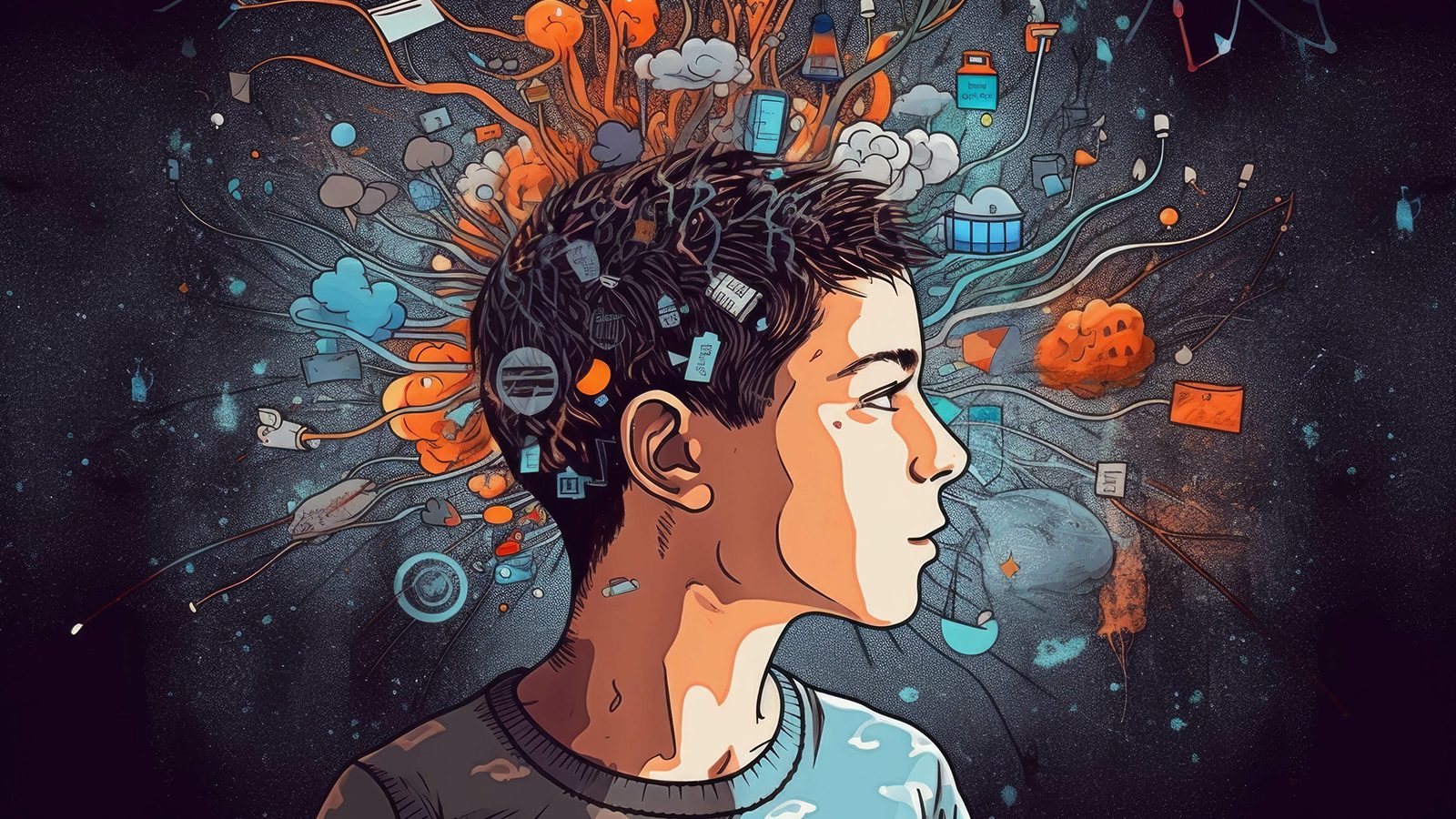
Psychology Explains How Overlearning Improves Memory
Practice makes perfect is a phrase that resonates profoundly with anyone striving to acquire a new skill or knowledge. Conventional wisdom tells us that once we learn something new through practice, we can apply it in the future. However, the concept of overlearning takes this a step further. In fact, there might be a shortcut that helps solidify our memory. Thus, we recall what we learned even better.
This article explains the concept of overlearning and will provide tips for applying it to improve your memory.
“Overlearning” refers to continuing to rehearse a skill even after reaching a point where no noticeable improvement occurs. It’s the extra mile in the learning journey, where you persistently practice a skill at the same difficulty level, even though you’ve ostensibly mastered it. A study highlighted by Scientific American underscores the potential benefits of this additional practice, revealing that it could be a potent method to cement hard-earned skills securely into our memory.
Participants had to identify a stripe pattern amidst visually noisy images in one particular experiment. After about twenty minutes of practice, where participants could generally recognize the pattern, they engaged in an additional twenty minutes of practice. That’s the overlearning phase.
Subsequently, they learned a similar but slightly different task, which would overwrite the first skill under normal circumstances. The intriguing outcome was that those who engaged in overlearning could retain the first skill and seemed to block out learning the second task. That made the first skill remarkably “resilient.”
When we practice something new, our brain undergoes a period of learning and unlearning, with a shift in the balance of neurotransmitters. Overlearning appears to truncate this period, stabilizing the brain more swiftly from its active learning state, or as researcher Takeo Watanabe puts it, it helps to “cool down” the “hot” brain.
This concept might be particularly beneficial for mastering quick motor sequences, such as those used in sports like basketball or artistic expressions like dancing. However, its efficacy in learning languages or facts, which utilize less specialized information processing in the brain, is yet to be rigorously tested.
Watanabe speculates that overlearning might be even more effective in these domains due to the higher instances of interference in higher cognitive memory.
While overlearning is undoubtedly a powerful tool, it’s essential to acknowledge the pivotal role of sleep in solidifying memories. Previous research has demonstrated that sleep can cement motor learning, similar to how overlearning enhances visual learning. For instance, people who took a midday nap could produce results akin to overtraining, at least when measured the following day. Thus, sleep and learning might act synergistically, where sleep further preserves memory after overlearning.
In practical scenarios, we often desire to learn more than one similar task, which raises the question: How can we avoid the competition between skills to retain them all? Research indicates that allowing several hours between training sessions enables participants to retain both tasks and perform well the subsequent day, whether or not they overlearned the first task. That suggests the brain will naturally transition from its “hot” learning state if given sufficient time.
Moreover, there are instances where we might want to forget or overwrite memories. For example, overwriting is part of treating post-traumatic stress disorder or adapting to new environments. The challenge and ongoing exploration lie in determining where overlearning is relevant in our lives and identifying the optimal degree of training to be genuinely beneficial.
Now that you know the value you receive from learning this way, how do you start?
Always remember that the learning journey is personal and dynamic, so feel free to adapt these tips to resonate with your learning style and life circumstances.
When the goal is to learn something thoroughly and swiftly, overlearning emerges as a valuable strategy, providing a buffer to preserve the skills we deem crucial. Whether mastering a unique language or identifying patterns in complex scenarios, overlearning might be the secret ingredient to safeguarding the skills you need.
In the words of researcher Kazuhisa Shibata, “Overlearning is not useless.” Even when no further improvement is visible, something transformative occurs in the brain, solidifying the learned skill and potentially shielding it from being overwritten by new learning.
In our pursuit of mastery and excellence, the subtle art of overlearning invites us to explore beyond the conventional boundaries of practice, nudging us into a realm where our skills are not merely learned but resiliently etched into our memory and expertise.
Related Articles